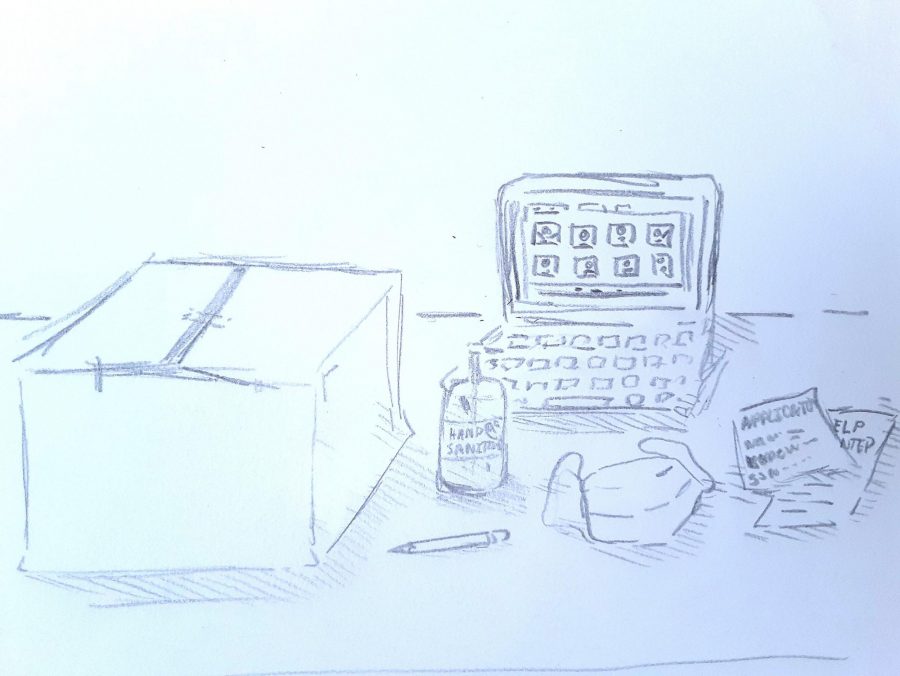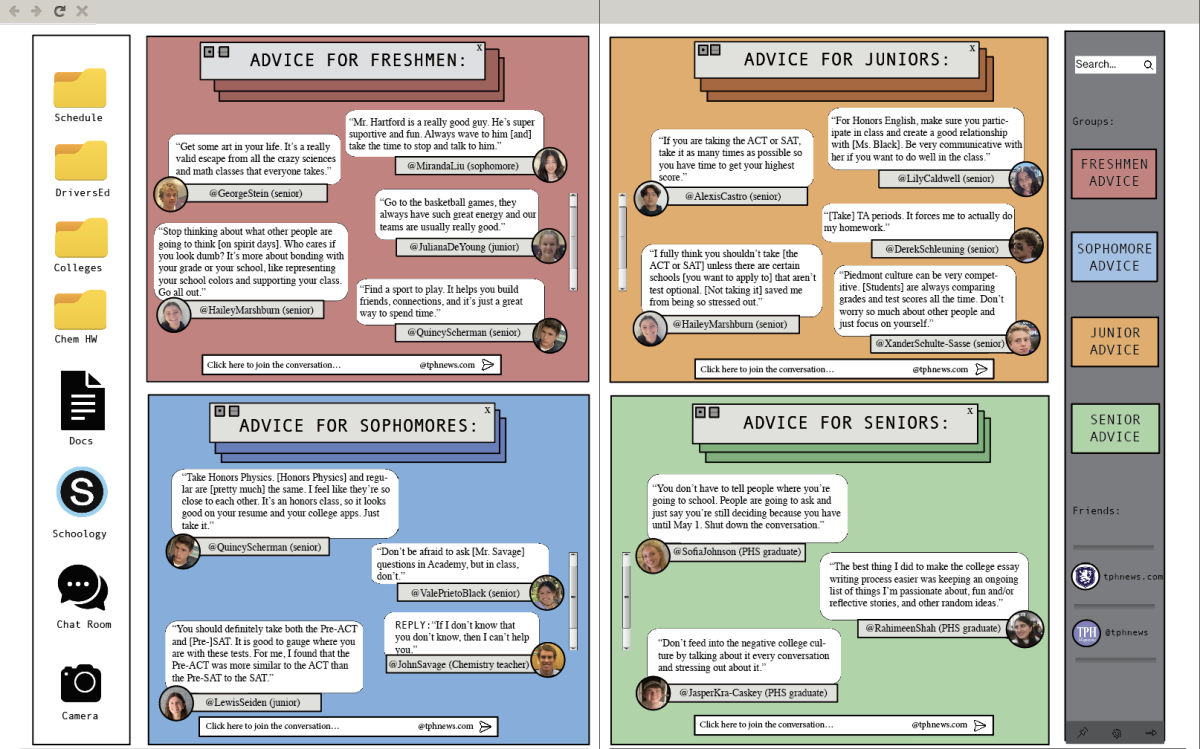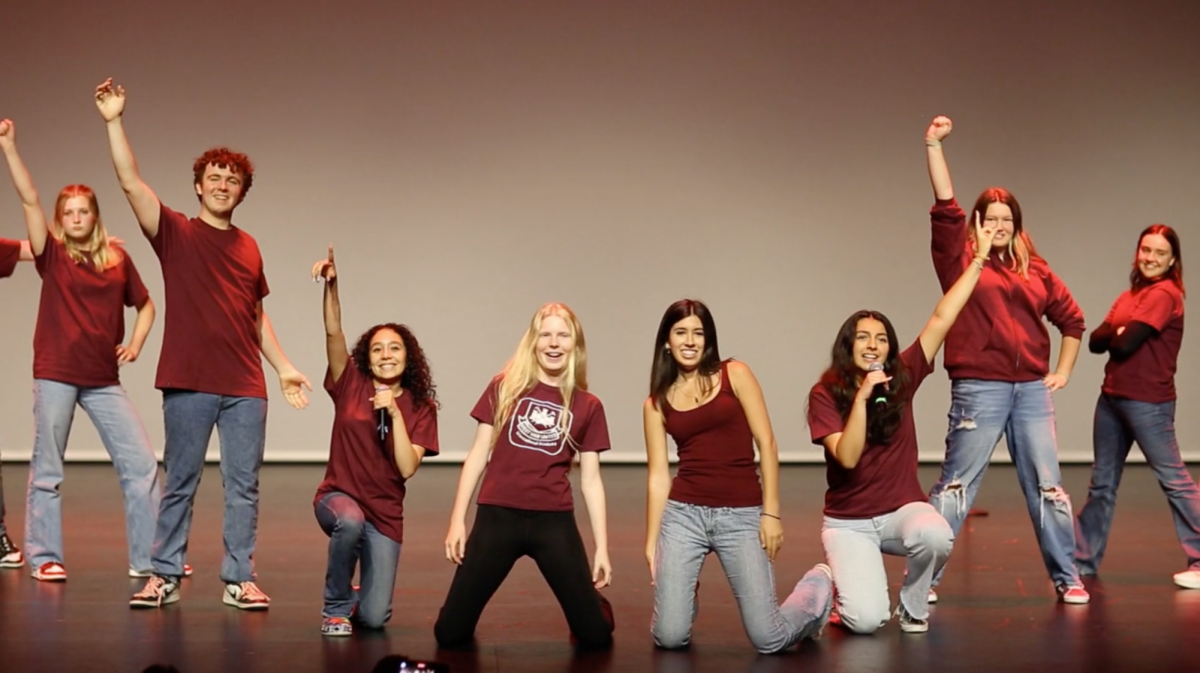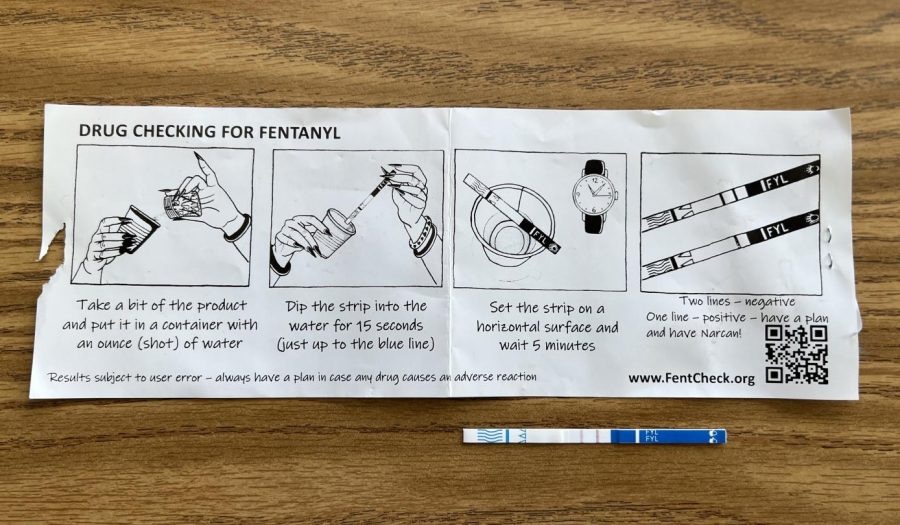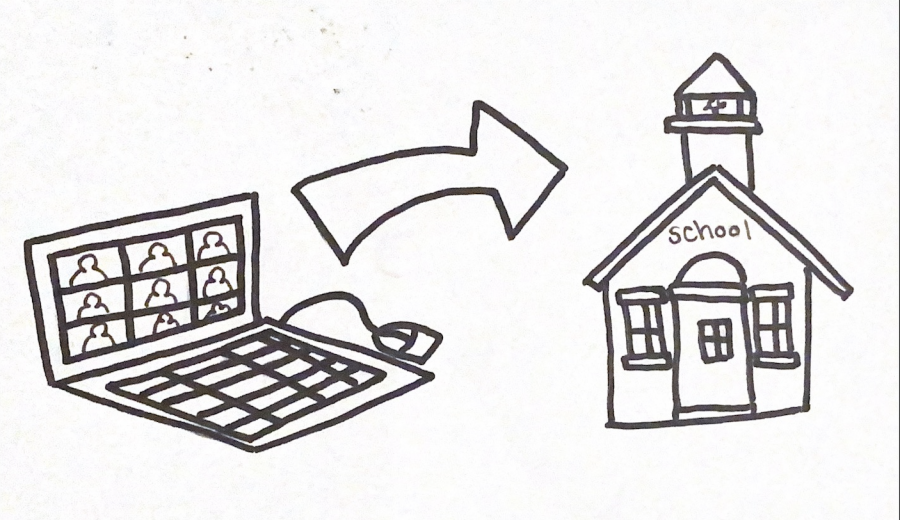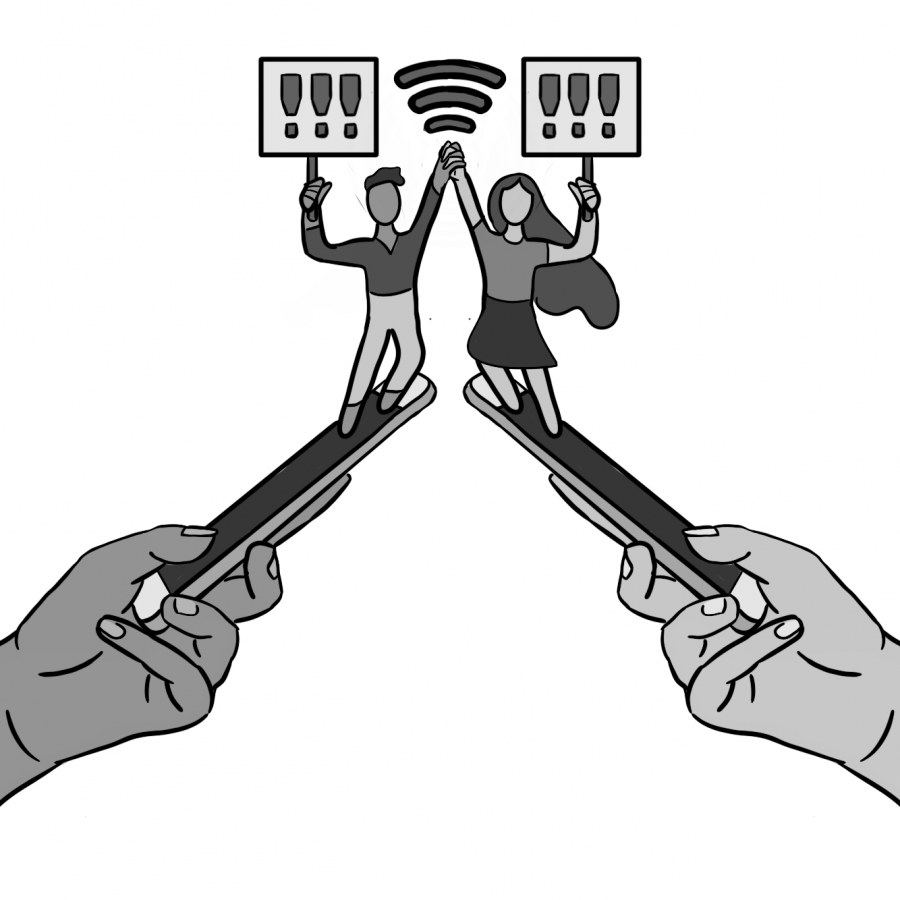Video games, televisions, computer screens and phones. All these items, while useful in many circumstances, have one common trait.
They all hinder the ability to go to sleep. Humans produce a hormone called melatonin by consuming nutrients and absorbing sunlight. According to Web M.D., melatonin helps people fall asleep and is vital to the internal sleep cycle. Blacklight, a type of light produced by phones, televisions, and computer screens, prevents the production of melatonin and hinders sleeping.
According to USA Today, 95% of people in a 1,508-person survey reported using a blacklight device before going to bed and 56% of teenagers said they used their phone directly before going to bed. By doing this, people hinder their ability to fall asleep, possibly leading to sleep disorders such as insomnia and narcolepsy.
“I use my phone right before I go to bed,” senior Marie St. Claire said. “But I still get eight hours every weeknight.”
According to the National Sleep Foundation teens require eight-and-a-half to nine-and-one-fourth hours of sleep daily to feel rested and healthy in the morning; however, only 15 percent of teens in a study reported that they received eight-and-a-half or more hours of sleep a night.
“I usually go to bed at one and wake up at seven, averaging six hours of sleep during the week,” freshman Cato Leist said.
Additionally, sophomore Carson Strout said that he gets an average of five hours of sleep per night during the week.
Phone usage before going to bed affects how much sleep students get. Not only does it decrease melatonin, but it also is a stimulus that keeps students from going to sleep.
“If I wasn’t using my phone before I went to bed, I would probably go to bed earlier,” Strout said.
Leist disagrees because he believes that even if he did not using his phone before bed, he would still stay up late.
“Even without a phone, I am still awake,” said Leist. “I tire myself out with my phone.”
According to the Huffington Post the normal amount of time it takes to fall asleep is 15 to 20 minutes. However, not all students fall asleep within this allotted amount of time.
“It takes me about 30 minutes to fall asleep every night,” St. Claire said.
Leist and Strout do not take over 20 minutes to fall asleep, which does not match up with data trends.
According to Cellular News, there is a significant increase in phone usage in this modern world, which makes it hard to practice good sleeping techniques. How long people will continue to use their phones, despite possible sleep issues, is still up in the air.
Latest Stories
- April Crossword Key
- Update on Teacher Contract Negotiations
- Staff Reductions
- Student Perspectives On APT Negotiations
- Timeline Of Teacher Contract Negotiations
- TPH Weekly Playlist 8: Ryan Ehteshami
- Hiring of Tristan Keene
- Dive into Diversity Week
- Getting to know Julien Lee
- Got Microchips? Reece Beck Can Help













